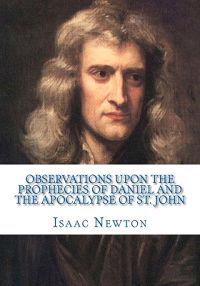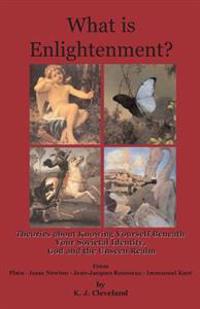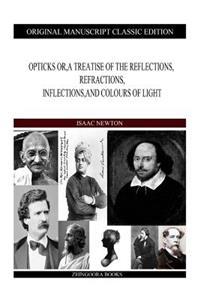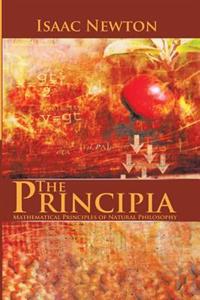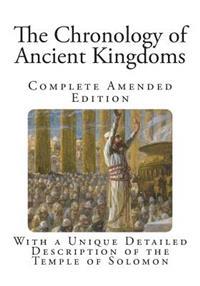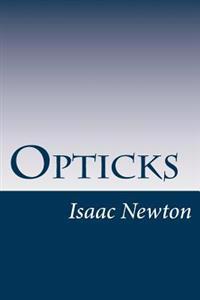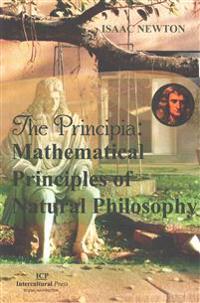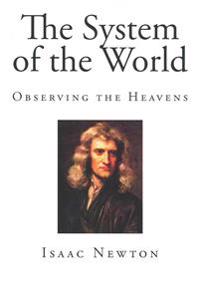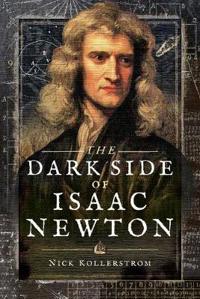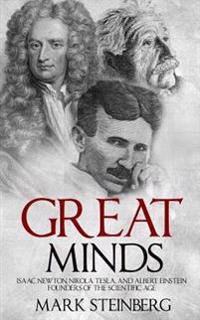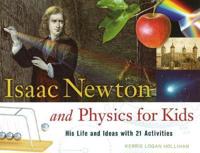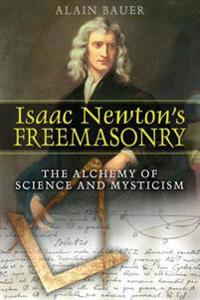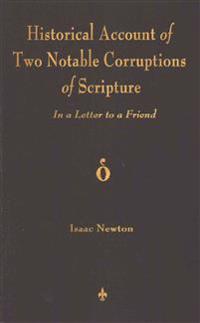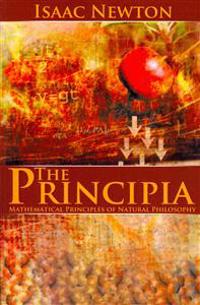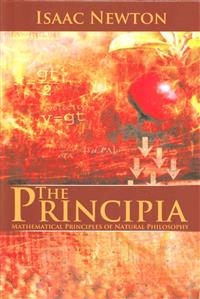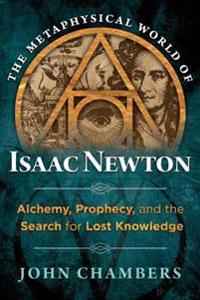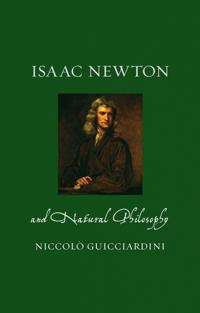Observations Upon the Prophecies of Daniel and the Apocalypse of St. John (Häftad)
avIsaac Newton
ISBN: 9781449599690 - UTGIVEN: 2009-12Astronomy and the Dawn of Reason - The Discoveries of Kepler, Brahe, Galileo and Isaac Newton - With Biographies and Illustrations (Häftad)
avVarious
ISBN: 9781473320314 - UTGIVEN: 2014-10Observations Upon the Prophecies of Daniel and the Apocalypse of St John (Häftad)
avSir Isaac Newton
ISBN: 9781482004182 - UTGIVEN: 2013-01Opticks Or, a Treatise of the Reflections, Refractions, Inflections, and Colours of Light (Häftad)
avIsaac Newton
ISBN: 9781490310923 - UTGIVEN: 2013-06The Principia: Mathematical Principles of Natural Philosophy (Häftad)
avIsaac Newton
ISBN: 9781490592152 - UTGIVEN: 2013-07The Principia: Mathematical Principles of Natural Philosophy: Original Edition (Häftad)
avIsaac Newton
ISBN: 9781502461681 - UTGIVEN: 2014-09The System of the World: Observing the Heavens (Häftad)
avIsaac Newton
ISBN: 9781507890936 - UTGIVEN: 2015-02The Dark Side of Isaac Newton
ISBN: 9781526740540 - UTGIVEN: 2018-12Isaac Newton was accorded a semi-divine status in the 18th and 19th centuries, whereby his image linked together religion and science. The real human being behind the demi-god image has tended to be lost. He was a person who took credit from others, and crushed the reputations of those to whom he ow[...]
Great Minds: Isaac Newton, Nikola Tesla, and Albert Einstein Founders of the Scientific Age (häftad)
ISBN: 9781536897937 - UTGIVEN: 2016-08Isaac Newton and the Transmutation of Alchemy (Häftad)
avPhilip Ashley Fanning
ISBN: 9781556437724 - UTGIVEN: 2009-07Isaac Newton and Physics for Kids (Pocket)
avKerrie Logan Hollihan
ISBN: 9781556527784 - UTGIVEN: 200907Ages 9 to 12 years. Featuring 21 hands-on projects that explore the scientific concepts Isaac Newton developed, this illuminating guide paints a rich portrait of the brilliant and complex man and provides young readers with a hands-on understanding of astronomy, physics, and mathematics. The activit[...]
Isaac Newton's Freemasonry
ISBN: 9781594771729 - UTGIVEN: 2007-03Freemasonry, as a fraternal order of scientists and philosophers, emerged in the 17th century and represented something new--an amalgam of alchemy and science that allowed the creative genius of Isaac Newton and his contemporaries to flourish. In Isaac Newton's Freemasonry, Alain Bauer presents the [...]
Observations Upon The Prophecies Of Daniel And The Apocalypse Of St. John (Häftad)
avIsaac Newton
ISBN: 9781603864022 - UTGIVEN: 2011-02A Historical Account of Two Notable Corruptions of Scripture (Pocket)
avIsaac Newton
ISBN: 9781603864220 - UTGIVEN: 2011-05Magnificent Principia: Exploring Isaac Newton's Masterpiece (Inbunden)
avColin Pask
ISBN: 9781616147457 - UTGIVEN: 2013-09Nobel laureate Steven Weinberg has written that "all that has happened since 1687 is a gloss on the Principia." Now you too can appreciate the significance of this stellar work, regarded by many as the greatest scientific contribution of all time. Despite its dazzling reputation, Isaac Newton's Phil[...]
The Metaphysical World of Isaac Newton
ISBN: 9781620552049 - UTGIVEN: 2018-02Newton's heretical writings on theology, spirituality, alchemy, and prophecy, uncovered and analyzed. Isaac Newton (1643-1727) is still regarded by the world as the greatest scientist who ever lived. He invented calculus, discovered the binomial theorem, explained the rainbow, built the first reflec[...]
Biographies of Scientists: Albert Einstein, Isaac Newton, Galileo Galilei, Charles Darwin, Michael Faraday (häftad)
ISBN: 9781729197691 - UTGIVEN: 2018-11Isaac Newton and Natural Philosophy
ISBN: 9781780239064 - UTGIVEN: 2018-03Isaac Newton is generally regarded as one of the greatest scientists in history, yet the spectrum of his interests was much broader than that of a contemporary scientist. He was deeply involved in alchemical, religious and biblical studies, and in the later part of his life he played a prominent rol[...]

